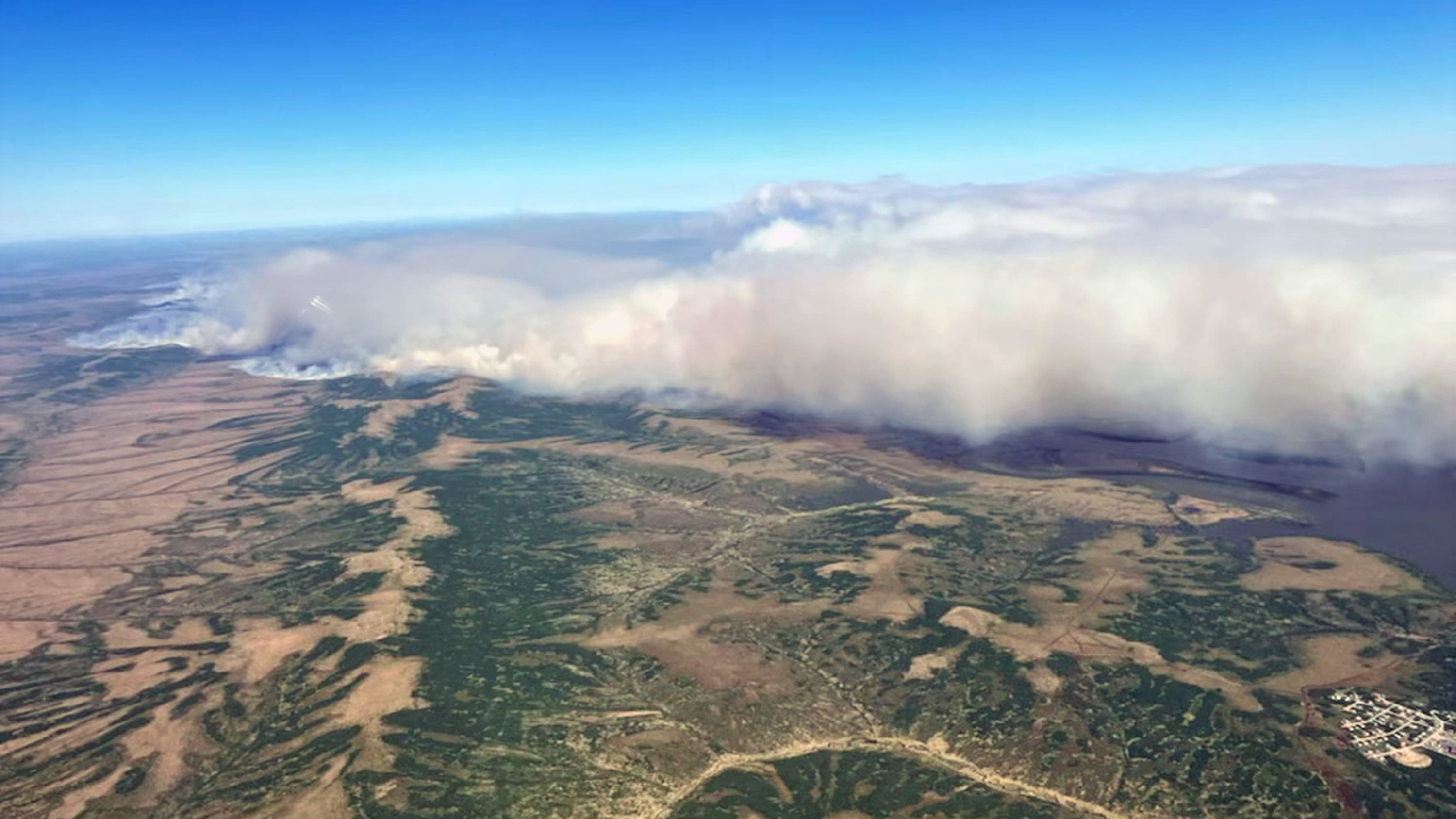Alaska's active fire season is expected to get worse


A free daily email with the biggest news stories of the day – and the best features from TheWeek.com
You are now subscribed
Your newsletter sign-up was successful
More than 530 wildfires have been reported in Alaska so far this fire season, burning an area the size of Connecticut, and the worst is likely to come.
One death has been linked to the fires; a pilot delivering equipment to firefighters died after his helicopter crashed. While not much property has been damaged, the smoke is causing extremely unhealthy air quality, with two fires in the southwestern part of the state sending smoke hundreds of miles north to Nome. "I would never have thought you could get that poor of air quality back 400 miles from the active fires, and that is a testament to how hot those fires were," Rick Thoman, a climate specialist with the Alaska Center for Climate Assessment and Policy at the University of Alaska's International Arctic Research Center, told The Associated Press.
Alaska's worst fire year on record was 2004, and forecasters estimate that this summer will have similar conditions. That year, there was rain in July, but as the summer went on, there were higher temperatures, low humidity, and a lot of lightning. By the end of the fire season, 10,156 square miles had burned.
The Week
Escape your echo chamber. Get the facts behind the news, plus analysis from multiple perspectives.

Sign up for The Week's Free Newsletters
From our morning news briefing to a weekly Good News Newsletter, get the best of The Week delivered directly to your inbox.
From our morning news briefing to a weekly Good News Newsletter, get the best of The Week delivered directly to your inbox.
Wildfires in Alaska clean out low-lying debris, renew animal and plant habitats, and thin out trees, AP says, so when they are in unpopulated areas, officials typically let the fires burn themselves out. In the state, more than half of all wildfires are started by lightning strikes, and so far this year, that's how nearly every fire has been triggered.
Due to early snow melt and a lack of rain in June, the duff layer that blankets the floors of boreal forests and the tundra has dried out. "There's been a significant increase in the amount of fuel available, and that's from decades of warmer springs and summers in the region, direct result of a warming climate," Thoman told AP. "And, of course, fires with more fuels available burn hotter. They burn longer. They're more resistant to changes in weather." Read more at The Associated Press
A free daily email with the biggest news stories of the day – and the best features from TheWeek.com
Catherine Garcia has worked as a senior writer at The Week since 2014. Her writing and reporting have appeared in Entertainment Weekly, The New York Times, Wirecutter, NBC News and "The Book of Jezebel," among others. She's a graduate of the University of Redlands and the Columbia University Graduate School of Journalism.
